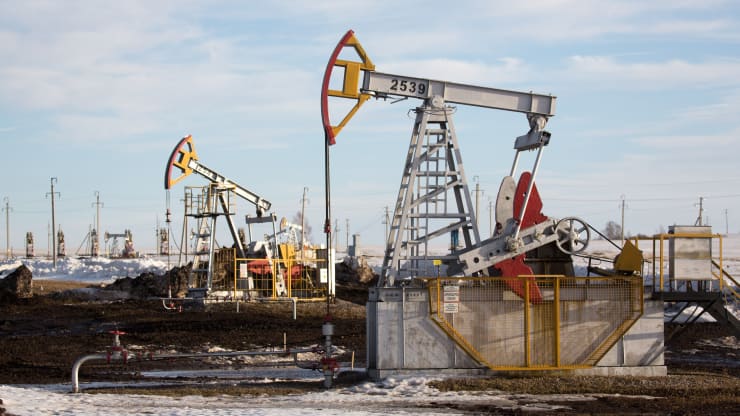- Nigeria Seaports Record Lower Ship Call over FG’s Unfavourable Policies
The fortunes of Nigeria’s seaports have continued to dwindle following the federal government’s unfavourable and inconsistent policies leading to reduction in the number of ships calling at the nation’s seaports across the country.
In 2016 and early 2017, the inability of importers and exporters to get the needed foreign exchange to transact their business as well as insecurity in Nigeria’s coastal waters, brought activities at the nation’s seaports to all time low.
These and other developments in the industry reflected in the numbers released by the National Bureau of Statistics (NBS) Nigeria Port Statistics 2012-2017, which revealed that ship traffic at the seaports is on a downward trend.
The Nigerian Ports Statistics 2012-2017 released by the NBS revealed that ship traffic at the ports recorded a total of 4,175 ocean going vessels in 2017 as against 4,622 in 2016.
Also, the Gross Registered Tonnage (GRT) followed the downward trend with 131,569,821 in 2017 as against 134,2,13,076 recorded in 2016.
Conversely, the traffic for service boats recorded an increase with a total of 12,243 (with 5, 910,406 gross registered tonnage) in 2017, against 9,418 service boats (with 5,193,402 gross registered tonnage) in 2016.
The statistics revealed a total of 71,903,266 cargo traffic recorded at all ports in 2017 as against 70,819,092 in 2016.
According to the report, about 43,019,889 of the cargo traffic came as inwards while 28,883,377 were outward. A total of 181,404 vehicle traffic was recorded in 2017 at all the ports as against 105,189 and 131,994 vehicle traffic in 2016 and 2015.
Classification of data, according to the seaports, revealed that the Calabar Port complex has really suffered from the shallow water level due to controversies surrounding the dredging of the channel.
The NBS report revealed that the cargo throughput in 2017 was highest at Onne Port with 25,836,246 (while inward was 1,947,347, outward was 23,888,899); followed by Apapa Port with 18,909,238 (inward was 17,523,313, while outward was 1,385,925); TinCan Island Port was third with 15,520,925 (inward was 14,623 and outward was 1,385,925).
Delta had 6,015,333 (inward was 4,514,481and outward was 1,500,852); Rivers recorded 3,462,425 (inward was 2,332 and outward was 1,129,458) and Calabar came last with a paltry 2,159,099 (inward was 2,078,542 and outward was 80,557).
The number of passenger traffic at the Calabar Port within the period under review was put at 6,704 in 2017 as against 7,442 in 2016.
Also, ship traffic record of ocean going vessels in the five-year analysis showed a downward slope from 4,837 in 2012 to 4,175 in 2017. The GRT increased from 120,818,683 in 2012 to 131,569,821 in 2017.
The Calabar Port, which is one of the Eastern ports, has remained dormant for years thus forcing importers and exporters to risk the deplorable roads going to Onne or Lagos.
Groaning under intense hardship imposed by poor government policies and global economic crunch, over 20 shipping firms exited the nation’s shores in 2016 alone.
This led to the laying off of 3,000 dock workers by various shipping companies, terminal operators and logistic companies.
Some of the companies that left Nigeria are: Mitsui O.S.K Line, Nippon Yusen Kasha, Taiwan’s Evergreen Line, Messina Line, Hapag-Lloyd and Gold Star Line (GSL), among others which were forced to withdraw from the West Africa route due to growing losses as a result of declining volumes.
The former President, Dockworkers Union of Nigeria (DUN), Anthony Emmanuel Nted, had bemoaned the poor stat e of the ports, terminal and work environment in the maritime industry.
Nted revealed that about 20 shipping firms have left the shore of the country because of low traffic occasioned by government importation policy.
According to him, Nigeria as an import-dependent country cannot suddenly ban the importation of the principal goods being generally consumed in the country.
“Hence, the current government policy on importation though with the best intention seems to be wreaking more havoc on the economy and ought to be reviewed urgently,” he said.


 Naira4 weeks ago
Naira4 weeks ago
 Naira4 weeks ago
Naira4 weeks ago
 Travel4 weeks ago
Travel4 weeks ago
 Naira3 weeks ago
Naira3 weeks ago
 Jobs4 weeks ago
Jobs4 weeks ago
 Naira4 weeks ago
Naira4 weeks ago
 Investment4 weeks ago
Investment4 weeks ago
 Travel4 weeks ago
Travel4 weeks ago



























